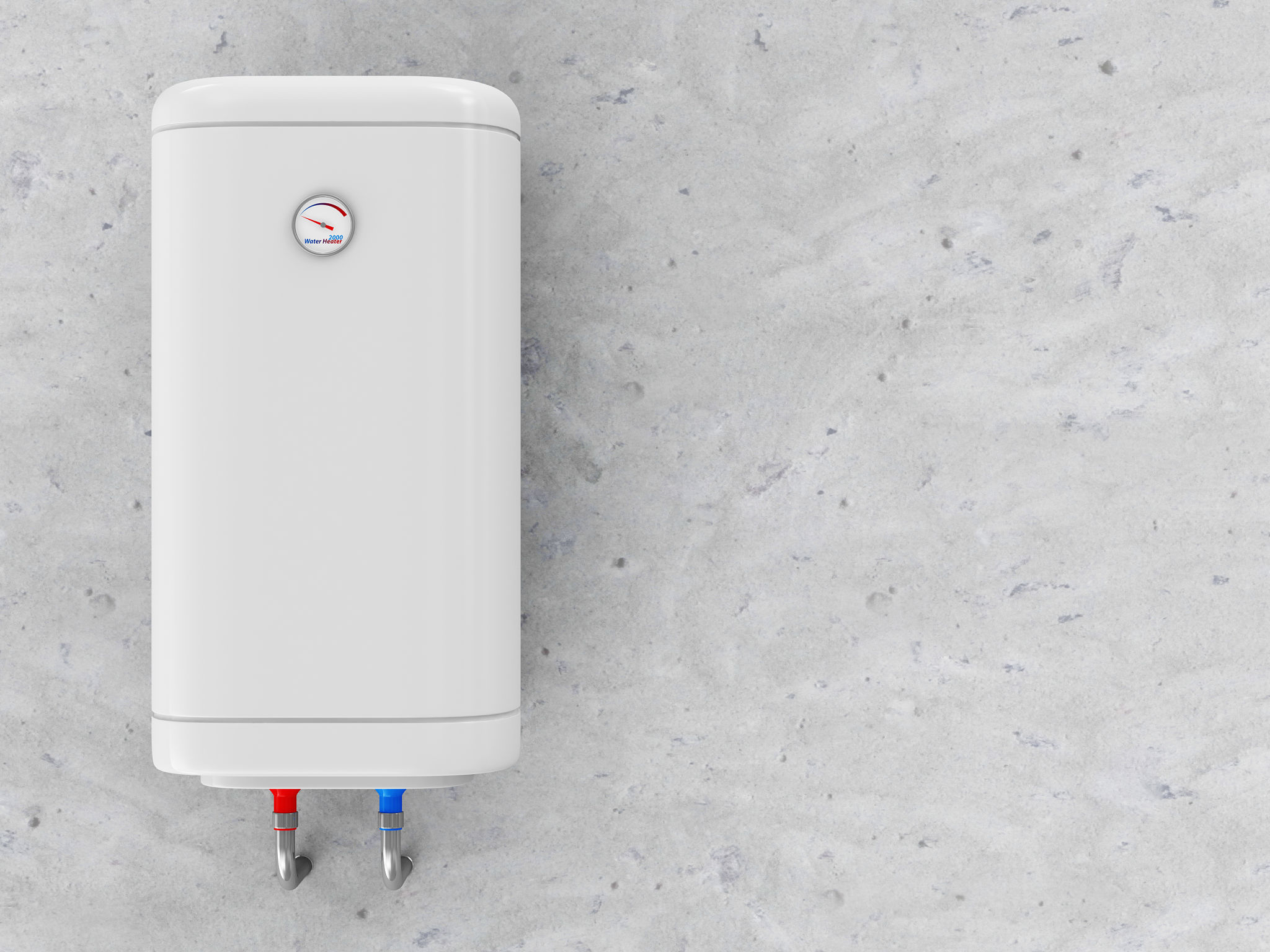Choosing the Right Hot Water System for Your Home
Understanding Your Options
Choosing the right hot water system for your home is crucial for ensuring comfort and efficiency. With various types available, it’s essential to understand the differences before making a decision. The main types of hot water systems include storage, continuous flow, heat pump, and solar systems. Each type has its own set of advantages and is suitable for different household needs.
Storage hot water systems are traditional and store heated water in a tank until needed. Continuous flow systems, also known as tankless or on-demand systems, heat water only when required, offering energy savings and unlimited hot water supply. Heat pump systems use electricity to move heat rather than generate it, making them energy-efficient. Solar hot water systems use solar panels to heat water, offering an eco-friendly option.

Evaluating Household Needs
Your household's hot water demand is a crucial factor in selecting the right system. Consider the number of people in your home and their hot water usage patterns. A larger family with high hot water demand might benefit from a storage system with a larger tank, while a smaller household could opt for a continuous flow system to save on energy costs.
Assessing your climate and location is also important. Solar hot water systems are highly effective in sunny regions but may require a backup system in areas with less sunlight. Similarly, heat pump systems work best in moderate climates. By evaluating these factors, you can narrow down the most suitable options for your home.

Energy Efficiency and Costs
Energy efficiency should be a priority when choosing a hot water system. Look for systems with high energy ratings to reduce your utility bills and minimize environmental impact. While solar and heat pump systems have higher initial costs, they offer long-term savings on energy expenses.
It’s also important to factor in installation and maintenance costs. Some systems require more complex installations, which can increase upfront costs. Consider the longevity and maintenance requirements of each system as well, as these can affect overall costs over time.
Space Considerations
The available space in your home can influence your choice of hot water system. Storage systems require significant space for the tank, which may not be feasible in smaller homes or apartments. Continuous flow systems are compact and can be installed in limited spaces.

If you’re considering a solar system, ensure you have sufficient roof space for solar panels, and that your roof is structurally capable of supporting them. Heat pump systems also require adequate space for air circulation.
Choosing the Right Supplier
Selecting a reputable supplier is as important as choosing the right system. Look for suppliers with a proven track record, good customer reviews, and comprehensive warranties on their products. A reliable supplier can offer valuable advice tailored to your specific needs and provide professional installation services.
Don’t hesitate to ask for multiple quotes to compare prices and services offered by different suppliers. This will not only help you find the best deal but also ensure you receive quality service and support.

Final Thoughts
Choosing the right hot water system involves careful consideration of your household’s needs, space availability, energy efficiency, costs, and supplier reputation. By taking the time to research and evaluate your options, you can select a system that will provide reliable hot water while optimizing energy use and minimizing costs.
Remember that investing in an efficient hot water system is not just about immediate comfort but also about making a sustainable choice for the future. With the right information and guidance, you can make a decision that benefits both your home and the environment.
